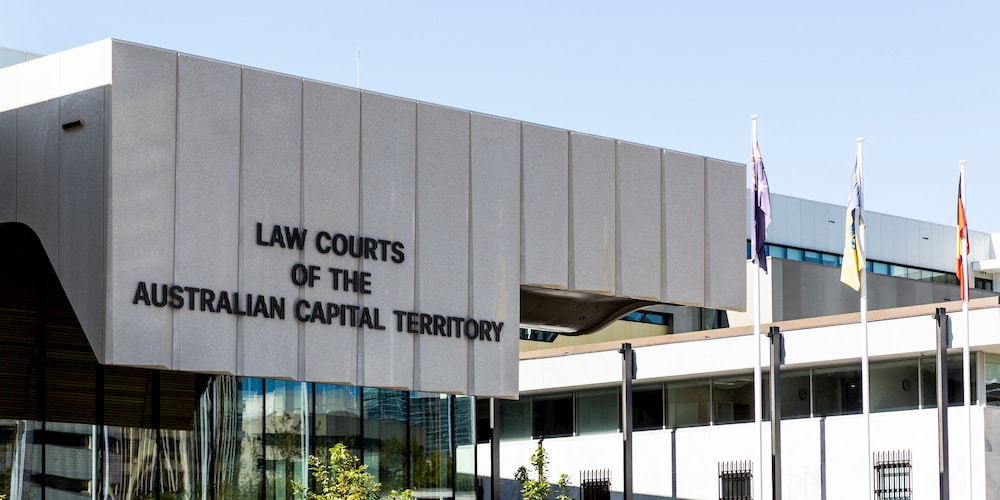A new report reviewing the ACT Court Transport Unit (CTU) reveals CTU officers expressed discomfort about a lack of training when it came to using force or restraints on children and young people in their care, which can be fatal when administered incorrectly.
The ACT Inspector of Correctional Services Neil McAllister’s CTU review gave the example of the ‘prone restraint position’ as something unsafe for use on children and young people, because it involved placing a detainee chest down on the floor and holding them there using force.
The dangers of the prone position were highlighted in a 2019 review of allegations against Canberra’s Bimberi Youth Justice Centre, finding that it posed a “serious danger of positional asphyxiation”.
This month’s CTU report said the prone position “must not be employed on young detainees”.
It went on to flag the risk that without clear training, CTU officers “could be confused about whether they can use that technique on a young detainee”. Further, there was a risk that their training for dealing with adult detainees could “instinctively kick in” in a situation involving a young person.
Peak body finds failings highly concerning
ACT Council of Social Services (ACTCOSS) CEO Dr Emma Campbell said the ACT Inspector of Correctional Services’ report shed light on failings that affected children and young people, people with disability and for whom English is a second language.
“It is highly concerning to read that officers themselves are uncomfortable with the low level of training,” she said.
Officers were also concerned that they had not received training in de-escalation techniques for young detainees.
Only 10% of detainees transported by CTU officers are young people, and under the Human Rights Act they require special status and protection which affects the way officers may interact with them.
The CTU report said this could “understandably create confusion” for officers, given they predominantly deal with adults.
The ACT Community Services Directorate (CSD), responsible for the wellbeing of young detainees, gave a written submission to the CTU review which said the legislation was ‘almost identical’ for adults, children and young people when it came to the authority to use force, restraints and undertake searches.
The CSD submission went on to say this “should present limited confusion for CTU staff, particularly when they are provided appropriate training”.
But the CTU report said it was “simplistic to suggest that because the legislation is phrased the same way then the use of force and restraints on young detainees is the same as on adults”.
It stated that it was “unacceptable that CSD, who under its own policies is responsible for providing this training, has failed to provide basic practical training to all CTU officers in key areas”.
The report went on to say that discretionary terms in policies such as ‘necessary’ and ‘reasonable’ can mean quite different things when dealing with a child or young person.
Proposed training package
In 2019, ACT Corrective Services (ACTCS) recorded 35 use of force incidents, including four where the subject was a child or young person, and the CTU report said this was a “relatively small number”.
A Justice and Community Safety Directorate spokesperson said ACTCS is working with Bimberi to develop a training package bridging the gap between ACTCS operational procedures and managing young detainees.
Expected to commence early 2021, the spokesperson said the proposed training package will focus on working with young people in custody, young people who have experienced trauma, behaviour management and de-escalation, and responding in critical situations.
All CTU officers undergo a 10-week full-time training course which covers all areas of operations and are required to complete a Certificate III in Correctional Practice within 12 months of commencement.



